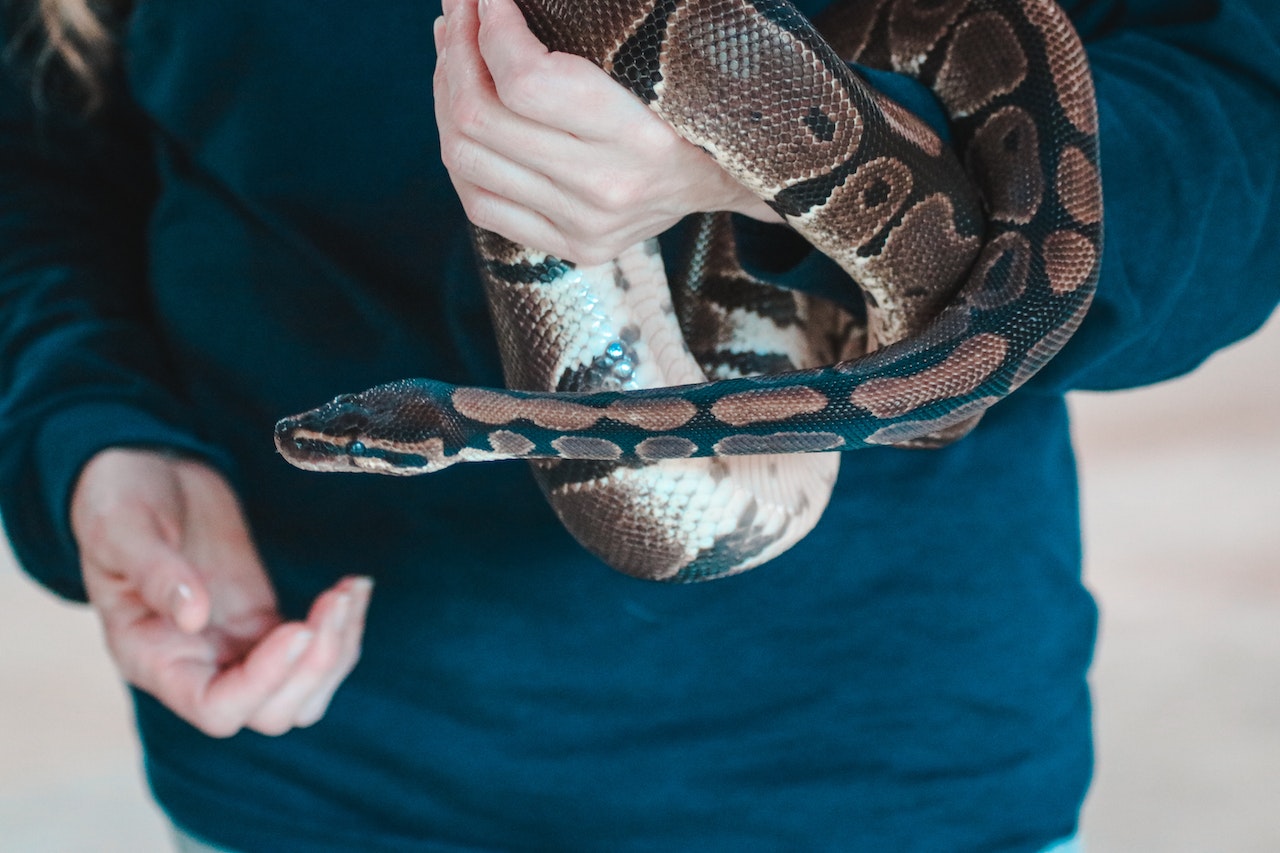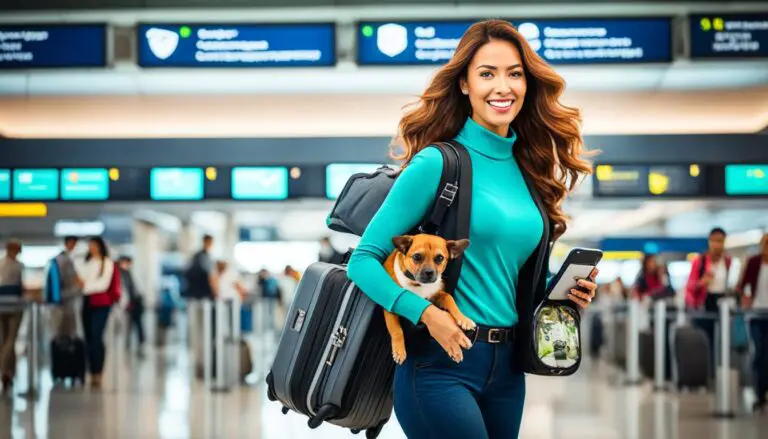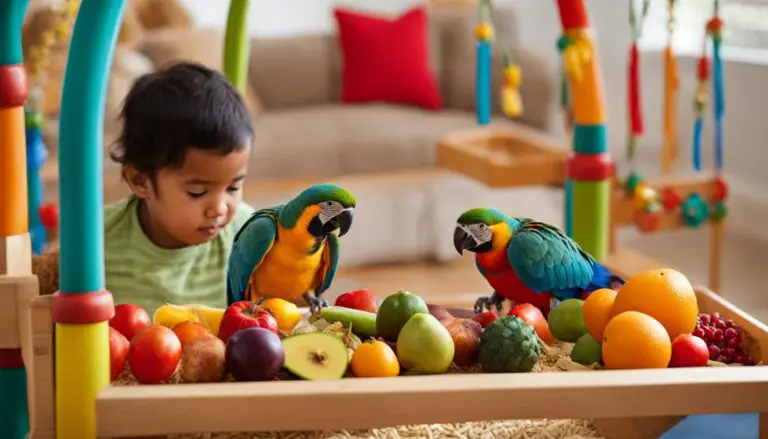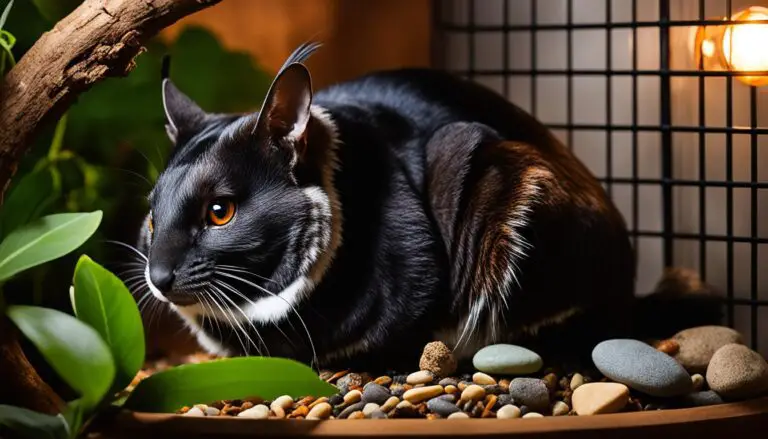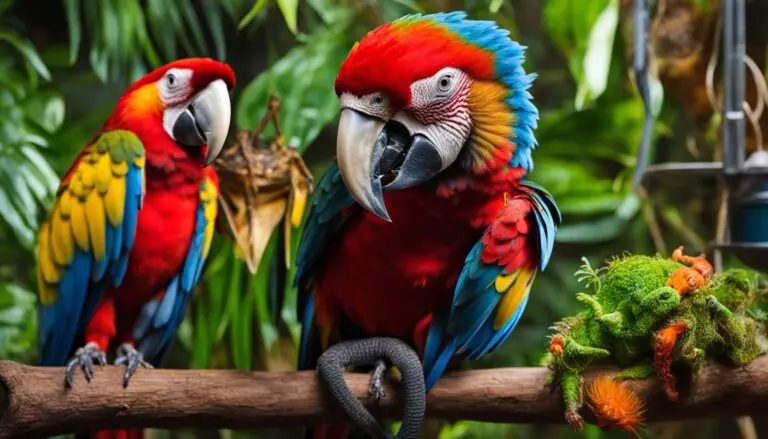How to Handle Exotic Pets Safely: Best Practices and Tips
Exotic pets can be fascinating creatures, but they also require special care and handling to keep both you and your pet safe.
Whether you are a seasoned exotic pet owner or considering adopting one, it is important to understand how to handle them safely.
This article will provide a comprehensive guide on how to handle your exotic pet safely, including tips on proper handling techniques, training, and common mistakes to avoid.
Key takeaways:
- Owning an exotic pet requires specialized care and handling to ensure safety.
- Research your pet’s specific needs and requirements to provide the best care.
- Always use proper restraints and avoid overstimulating or mishandling your pet.
- If you have any concerns, consult with a veterinarian who has experience with exotic pets.
Why is Safe Handling Important?
Safe handling of exotic pets is essential for both the pet and the owner’s safety.
Exotic pets can be unpredictable and require specialized care and handling to keep them safe and healthy.
Improper handling can result in injury or even death for both the pet and the owner.
It is important to understand how to handle your exotic pet safely to prevent any accidents or harm.
Understanding Your Exotic Pet
Before you handle your exotic pet, it is vital to understand their behavior and needs.
Each exotic pet species is unique and requires specialized care and handling.
Don’t forget to research and get familiar with the specific needs of your exotic pet before attempting to handle them.
Proper Handling Techniques
Proper handling techniques are essential to ensure both you and your exotic pet’s safety.
Here are some tips for handling your exotic pet safely:
1. Start Slow
When handling your exotic pet, it is essential to start slow and build trust with your pet.
Exotic pets can be nervous or anxious in new situations, so remember to take your time and allow them to become comfortable with you.
2. Use Proper Restraints
Proper restraints are essential for the safe handling of your exotic pet.
It is important to use the appropriate restraints for your pet species and size.
Never use excessive force or pressure when restraining your pet.
3. Support Your Pet’s Body
When handling your exotic pet, it’s paramount to support their body properly.
Exotic pets have delicate bones and organs that can be easily injured if not handled carefully.
Always support their body with both hands when handling.
4. Avoid Sudden Movements
Exotic pets can be easily startled by sudden movements or loud noises.
Don’t forget to move slowly and avoid sudden movements to prevent startling your pet.
5. Be Mindful of the Temperature
Exotic pets have specific temperature requirements, and it is crucial to ensure that their environment is at the appropriate temperature for their species.
Handling your pet at a temperature that is too hot or too cold can cause stress or harm to your pet.
Training Your Exotic Pet
Training your exotic pet can help to establish trust and reduce anxiety during handling.
Here are some tips for training your exotic pet:
1. Use Positive Reinforcement
Positive reinforcement is an effective way to train your exotic pet.
Rewarding your pet with treats or praise when they exhibit positive behavior can help to reinforce good habits.
2. Be Consistent
Consistency is key when training your exotic pet.
You have to establish clear expectations and consistently reinforce good behavior.
3. Use Short Sessions
Short training sessions are more effective than long sessions.
Exotic pets have short attention spans, so it’s recommended to keep training sessions brief and focused.
Common Mistakes to Avoid
Here are some common mistakes to avoid when handling your exotic pet:
1. Not Researching
Not researching your exotic pet’s specific needs and requirements can lead to improper care and handling.
My advice is to perform thorough research on your pet’s species to ensure you provide the best care.
2. Handling Without Proper Restraints
Handling your exotic pet without proper restraints can result in injury or escape.
Always use the appropriate restraints for your pet’s species and size.
3. Overstimulating Your Pet
Overstimulating your exotic pet with too much handling, play, or interaction can lead to stress and anxiety.
It is important to understand your pet’s limits and provide appropriate stimulation.
4. Mishandling
Mishandling your exotic pet can cause injury or death.
It is important to understand proper handling techniques and avoid any actions that could harm your pet.
Conclusion
There’s no doubt that owning an exotic pet can be a unique and rewarding experience, but it also requires specialized care and handling to ensure the safety of both you and your pet.
By understanding your pet’s specific needs, using proper handling techniques and restraints, and avoiding common mistakes, you can enjoy a safe and happy relationship with your exotic pet.
FAQs
What are some common exotic pets and their specific needs?
Common exotic pets include snakes, lizards, birds, and small mammals like sugar gliders and hedgehogs.
Each species has specific needs for diet, environment, and handling.
How do I know if I am handling my exotic pet correctly?
If your exotic pet is comfortable, relaxed, and not showing any signs of stress or anxiety, you are likely handling them correctly.
Always research your pet’s species and consult with a veterinarian if you have any concerns.
Can I train my exotic pet to be handled?
Yes, training your exotic pet can help to establish trust and reduce anxiety during handling.
Using positive reinforcement and short training sessions can be effective.
What should I do if my exotic pet bites or scratches me?
If your exotic pet bites or scratches you, clean the wound immediately and seek medical attention if necessary.
Consult with a veterinarian if your pet is showing any signs of illness or abnormal behavior.
What should I do if my exotic pet escapes?
If your exotic pet escapes, it is important to search the area thoroughly and enlist the help of others.
Post flyers and notify local animal shelters and rescue organizations.
Peter Stones is the founder of Exotic Pets Place, the leading online resource for exotic pet care information.
With over 10 years of hands-on exotic pet ownership experience, he is deeply passionate about sharing his expertise to help others properly care for their unusual pets.
When he's not writing extensively researched articles or connecting with fellow exotic pet enthusiasts worldwide, you can find Peter at home tending to his own beloved menagerie of exotic animals.

